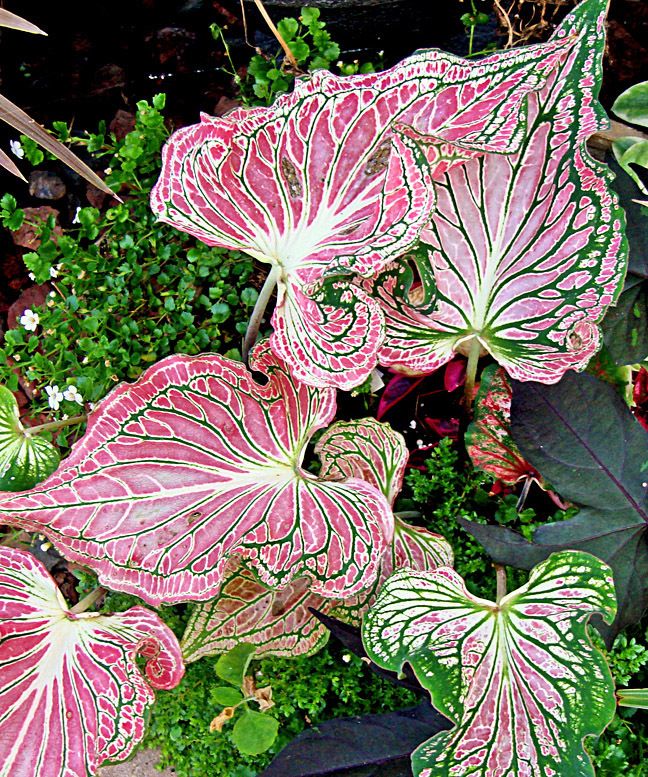Dear Integral Meditators,
Can your practice of non-attachment be joyful? Can you be joyful without clinging tightly to the things that make you happy? The article below explores how you can start…
Yours in the spirit of the joyfully non-attached,
Toby
 For Every Suffering a Joy (Cultivating Positive Non-Attachment)
For Every Suffering a Joy (Cultivating Positive Non-Attachment)
In the Buddhist practice that I was initiated into during my first 10 years of my meditation training there was a lot of emphasis placed on developing a non-attached state of mind. This was achieved through the contemplation of suffering, pain and its causes. As my own experience of non-attachment has developed, I have found that it is also important to emphasize the joys that are associated with each of the sufferings contemplated, so that what you end up with is a kind of joyful, appreciative non-attachment, rather than a doom-and-gloom, sack-cloth-and-ashes type.
Traditionally there are seven inevitable human sufferings contemplated in many of the Buddhist sutras; birth, ageing, sickness and death, meeting what we do not like, parting from what we like, and uncertainty. In the sections below I outline how to contemplate three of these areas in such a way as to develop both non-attachment and joy/appreciation. The net effect of this is to create a kind of joyful, enthusiastic appreciation that is tempered by non-attachment and even-mindedness.
Ageing – All the youthfulness you currently have will gradually be eroded over time. You can slow it down, but you can’t avoid ageing. Any beauty and vitality you now have, one day you will lose, so don’t be attached to it! On the other hand, understanding ageing and impermanence gives you a joyful appreciation of the life and vitality you enjoy now, and encourages us to appreciate it while it lasts!
Meeting what we do not like – Inevitably you are going to meet bad bosses, have unpleasant emotions in your romantic relationships, step on foul smelling substances on the pavement, get the flu, be tired and depressed and on it goes…There is nothing you can do about this, so don’t be attached to good things always happening to you, because they won’t!
The flip side of this is that, if we are looking out for them, each day unexpected and un-anticipated good and pleasant things happen to us; we receive kind words from a colleague, a business deal comes through, we meet a fantastic man or woman when we were least expecting it. If we are mindful we can feel joyful appreciation for the unexpected good that is happening to us each day, as well as being non-attached and prepared for the worst!
Uncertainty – A lot of money, time and fear-based action is spent trying to make our life as secure, certain and predictable as we can. However hard we try though, inevitably we have to deal each day with a greater or lesser degree of uncertainty and unpredictability. Things change and we can’t always control this. By understanding the inevitability of uncertainty we can reduce our attachment to trying to be in control of everything, and embrace change. Conversely we can develop joy and appreciation by recognizing the relative stability and relative security that we have in our life when it is there.
Each of these contemplations has an aspect of non-attachment, and an aspect of appreciation. By exploring each of them from ‘both sides of the coin’ we can cultivate a kind of appreciative non-attachment, or a joyful even-mindedness that reduces the amount of ‘pain-through-attachment’ that we experience in our life, whilst at the same time increases our joyful appreciation of the things that we have whilst they last.
Daily action question:
If you were to consciously try and cultivate the non-attached appreciation and joy in your life consciously each morning for the next week, what sort of changes might you see in your life and the way you experience it??
© Toby Ouvry 2015, you are welcome to use or share this article, but please cite Toby as the source and include reference to his website www.tobyouvry.com
Upcoming Courses at Integral Meditation Asia in May:
Friday 29th May 7.30-9.30pm – Integral Meditation Session @ the Reiki Centre – Travelling deeper into the present moment through integral meditation
Saturday 30th May, 2.30-5.30pm – Enlightened Flow: Finding the Ultimate Relaxation and Release from Stress
Integral Meditation Asia










